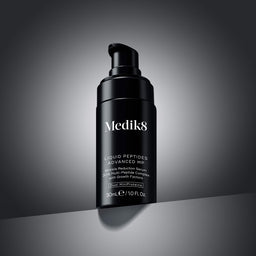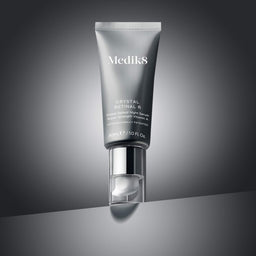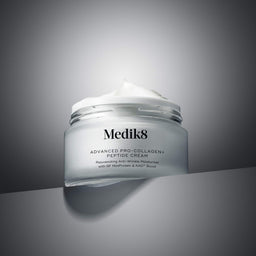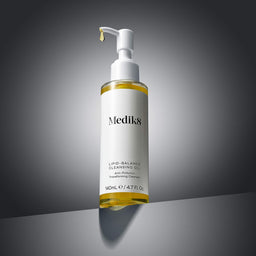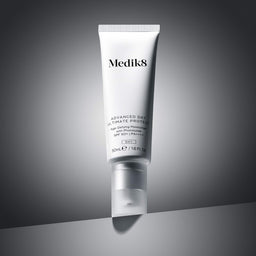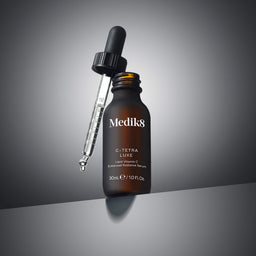Tretinoin Isn’t For Everyone:
A Guide to Tretinoin Alternatives
Written by: Radhika Sen
Updated on: 1 October 2024
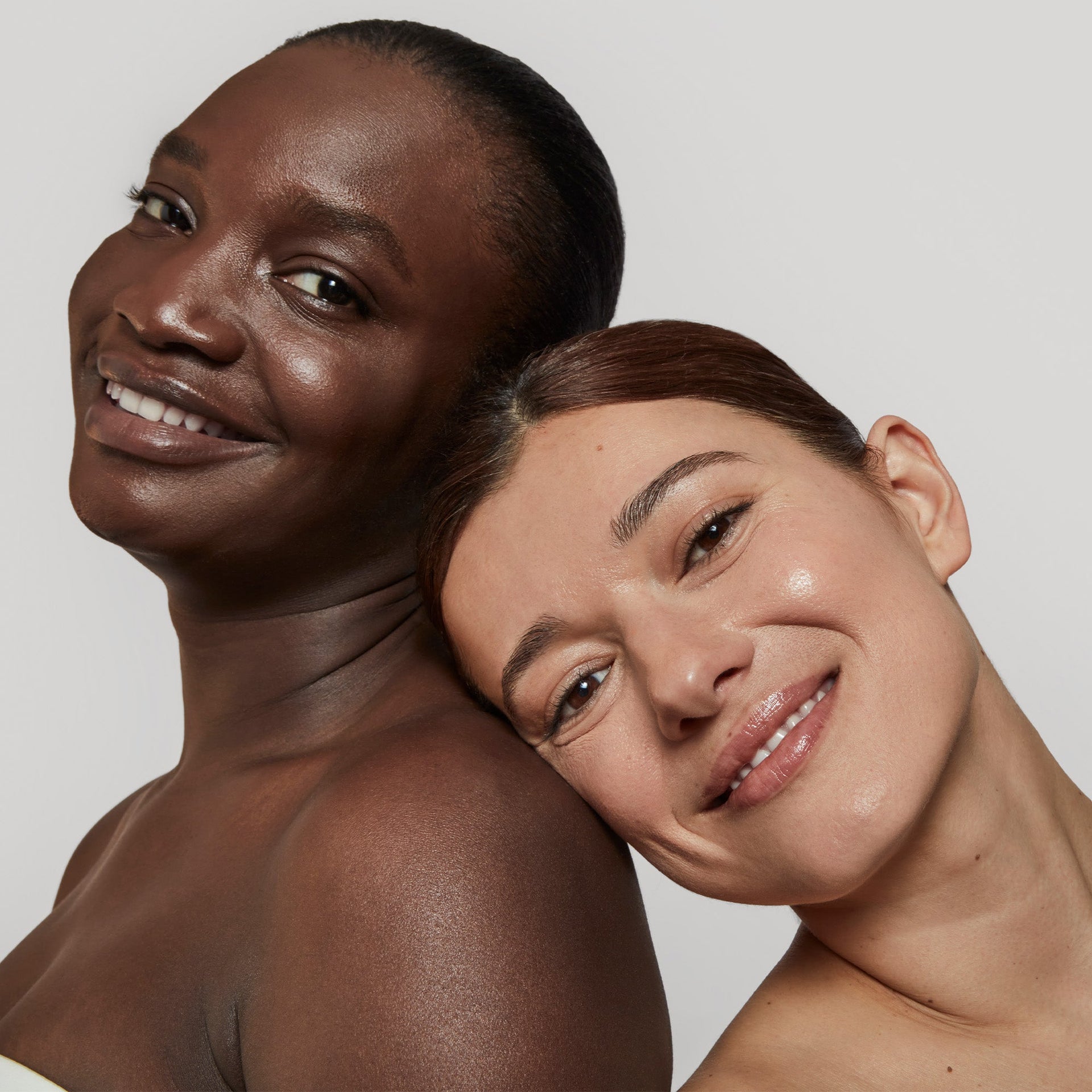
Widely recognised as a prescription retinoid, Tretinoin is known for its effectiveness in treating acne breakouts and promoting youthful skin, however it isn’t for everyone. Potential side effects like irritation, redness, and skin sensitivity make it a less-than-ideal choice for some users.
As demand for retinoid-based products grows, so does the interest in finding effective alternatives that can provide similar benefits without the harsh side effects.
In this guide, we explore top alternatives to tretinoin, perfect for those with sensitive skin or anyone looking for a gentler path to glowing, healthy skin. From over-the-counter solutions to natural options, we’ve got something for everyone.
The tretinoin problem: Why it’s not for everyone
Tretinoin is a potent high-strength active form of vitamin A that is only available with a prescription after a consultation with a private dermatologist or GP (in the UK). It's widely used for treating acne, fine lines, and sun-damaged skin and is available under various brand names, such as Retin-A.
However, tretinoin isn't without its limitations. Common side effects include dryness, redness, peeling, stinging, and increased sensitivity to sunlight, which can be especially harsh on sensitive or dry skin. These issues can make it difficult for some people to tolerate, especially during the early stages of use.
It is for this reason it is recommended as a short-term treatment for medical skin conditions such as acne.
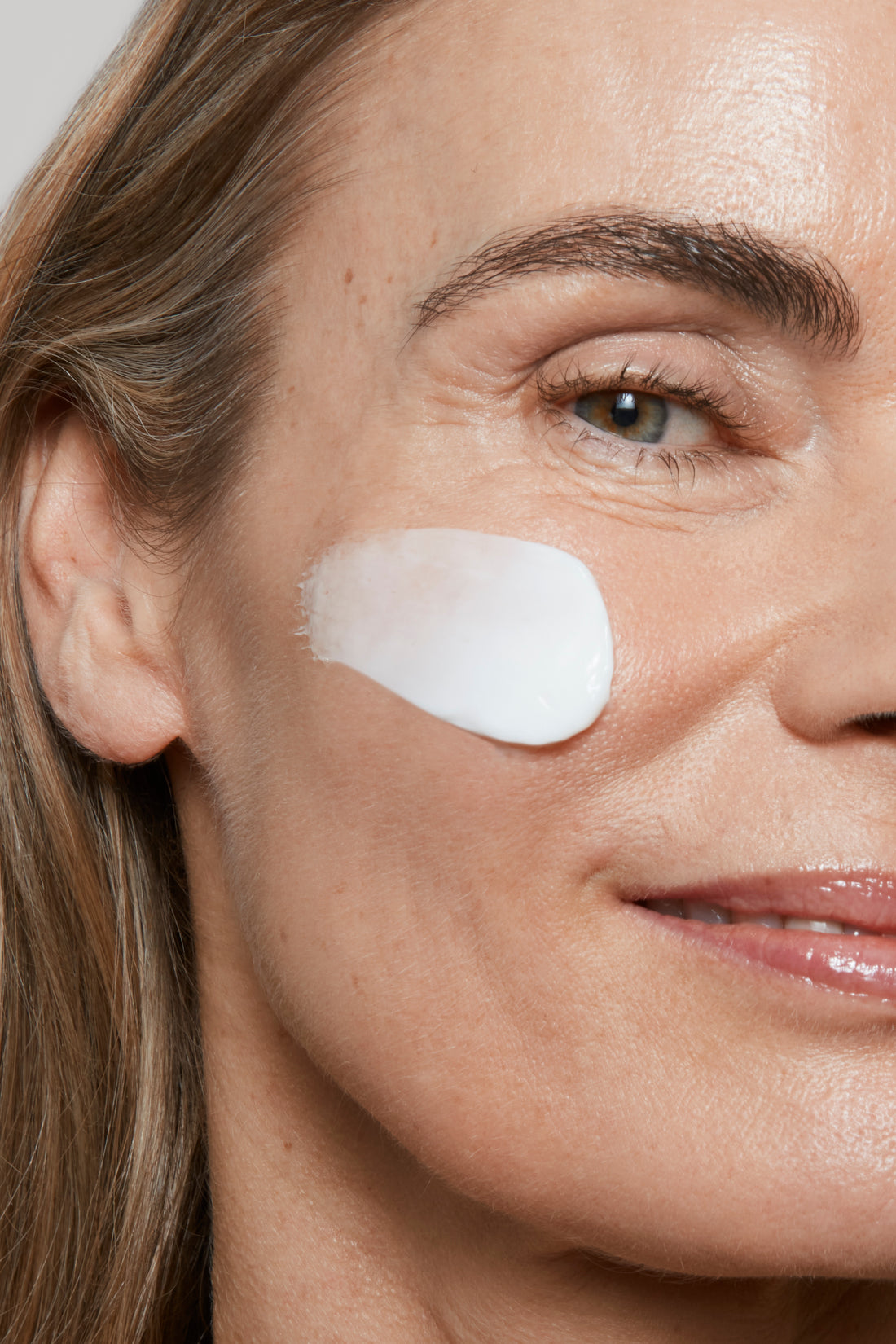
Building a skincare routine beyond tretinoin
Many people move away from tretinoin in search of gentler yet effective alternatives for their skin concerns. While skinfluencers often promote tretinoin as a ‘hero product,’ their recommendations can overlook the fact that it is prescription-only and skincare isn’t one-size-fits-all. Influencers may not account for different skin types or conditions, which highlights the importance of seeking professional advice.
Over-the-counter retinoids like retinaldehyde or retinol, and hydrating antioxidants such as vitamin C can deliver similar results without the harsh side effects.
Personalised skincare is key. For sensitive or dry skin, a routine focusing on hydration and barrier repair with ingredients like niacinamide and ceramides is highly effective. Blemish-prone skin benefits from salicylic acid, peptides, and azelaic acid to manage breakouts and inflammation. If transitioning from tretinoin, it’s important to do so gradually, allowing the skin time to adjust while introducing gentler, reparative ingredients to ease irritation and improve texture and radiance.
Natural and gentle alternatives to tretinoin
For those seeking a gentler approach to skincare, there are several effective alternatives to tretinoin. This includes gentler forms of vitamin A, like retinaldehyde, which is available over the counter and offers powerful age-defying benefits with less risk of irritation, making it a great alternative for those seeking visible results without the harshness of prescription retinoids.
Plant-based options, such as bakuchiol, are known for mimicking retinol-like effects without causing sensitivity. Additionally, ingredients like niacinamide and peptides can reduce visible signs of ageing while renewing the skin—offering powerful results without the harshness of tretinoin.
Retinaldehyde
Retinaldehyde (retinal) and tretinoin are both powerful forms of vitamin A, but they differ significantly in strength and application. Tretinoin is a potent, whilst having prescription-strength, retinoid that acts directly as retinoic acid on the skin. However, this potency also comes with a higher risk of irritation and increased sensitivity.
On the other hand, retinaldehyde offers a less aggressive, prescription-like potency. Positioned closer to retinoic acid in the vitamin A pathway, retinaldehyde delivers faster results than retinol while maintaining better tolerability than tretinoin. It is available over-the-counter, making it an excellent choice for those seeking significant age-defying benefits with a lower risk of irritation.
As such retinal and tretinoin caters to different skin needs and types. Selecting the appropriate retinoid should be based on individual skin characteristics and previous experience.
Retinol
Retinol is often gentler than prescription-strength retinoids like tretinoin, making it suitable for those with sensitive skin or those new to retinoids, provided the formula is stable. As a precursor to retinoic acid (the active form of vitamin A), retinol undergoes conversion in the skin to become effective, becoming retinaldehyde first, then retinoic acid. Tretinoin, on the other hand, is often chosen for more targeted treatments, such as persistent acne. Before considering prescription-strength tretinoin, it’s worth exploring other retinol and retinal alternatives within retinoids that still offer strong results with less potential for irritation however, it may take longer to see results.
Bakuchiol
Bakuchiol is a natural, plant-based alternative to retinoids, offering similar anti-ageing benefits without the irritation commonly linked to retinoids. It helps reduce fine lines, wrinkles, and uneven skin tone, making it suitable for a wider range of skin types, including sensitive or reactive skin. Unlike tretinoin, bakuchiol doesn’t increase sun sensitivity, meaning it can be used both day and night, even in the sun. This makes it a versatile and gentler option for those seeking the benefits of vitamin A without the associated drawbacks. To maximise the protective benefits of your skincare routine, it’s essential to incorporate SPF daily, especially when using any vitamin A derivative, including retinol and retinal, to safeguard your skin against UV damage.
Peptides
Peptides are a gentle yet powerful alternative to retinoids, known for their ability to stimulate collagen production and improve skin texture. They work by signalling the skin to produce more collagen and elastin, which helps reduce the appearance of fine lines and wrinkles. Unlike retinoids, peptides do not cause irritation or dryness, making them an excellent option for sensitive skin or for those with sensitive skin or those seeking a gentler approach to age-defying skincare. With regular use, peptides can enhance skin firmness and smoothness, providing age-defying results without the typical sensitivity associated with high-strength retinoids.
Retinyl Retinoate
Retinyl retinoate is a next-generation vitamin A derivative that combines the gentleness of retinol with the potency of retinoic acid. Its unique hybrid structure offers powerful anti-ageing benefits with significantly less irritation than tretinoin, making it suitable for sensitive skin and daily use. Exclusive to Medik8, this encapsulated molecule has been proven to be 8 times more powerful than retinol when it comes to visibly smoothing brightening and firming skin.* Unlike most vitamin A forms, retinyl retinoate remains stable in light, meaning it can safely be used during the day.
*H. Kim et al., Synthesis and in vitro biological activity of retinyl retinoate, a novel hybrid retinoid derivative, Bioorganic & Medicinal Chemistry, 2008, 15;16(12), pp 6387-93
Niacinamide
While not known as a direct retinoid alternative, niacinamide is a versatile and powerful skincare ingredient known for its ability to improve skin elasticity, strengthen the skin's barrier, and reduce dullness. It works to even out skin tone, calm inflammation, and support overall skin health without causing irritation, making it suitable for all skin types. For those who can’t tolerate retinoids or are looking for gentler options, niacinamide can provide a complementary approach to achieving smoother, brighter, and more youthful-looking skin.
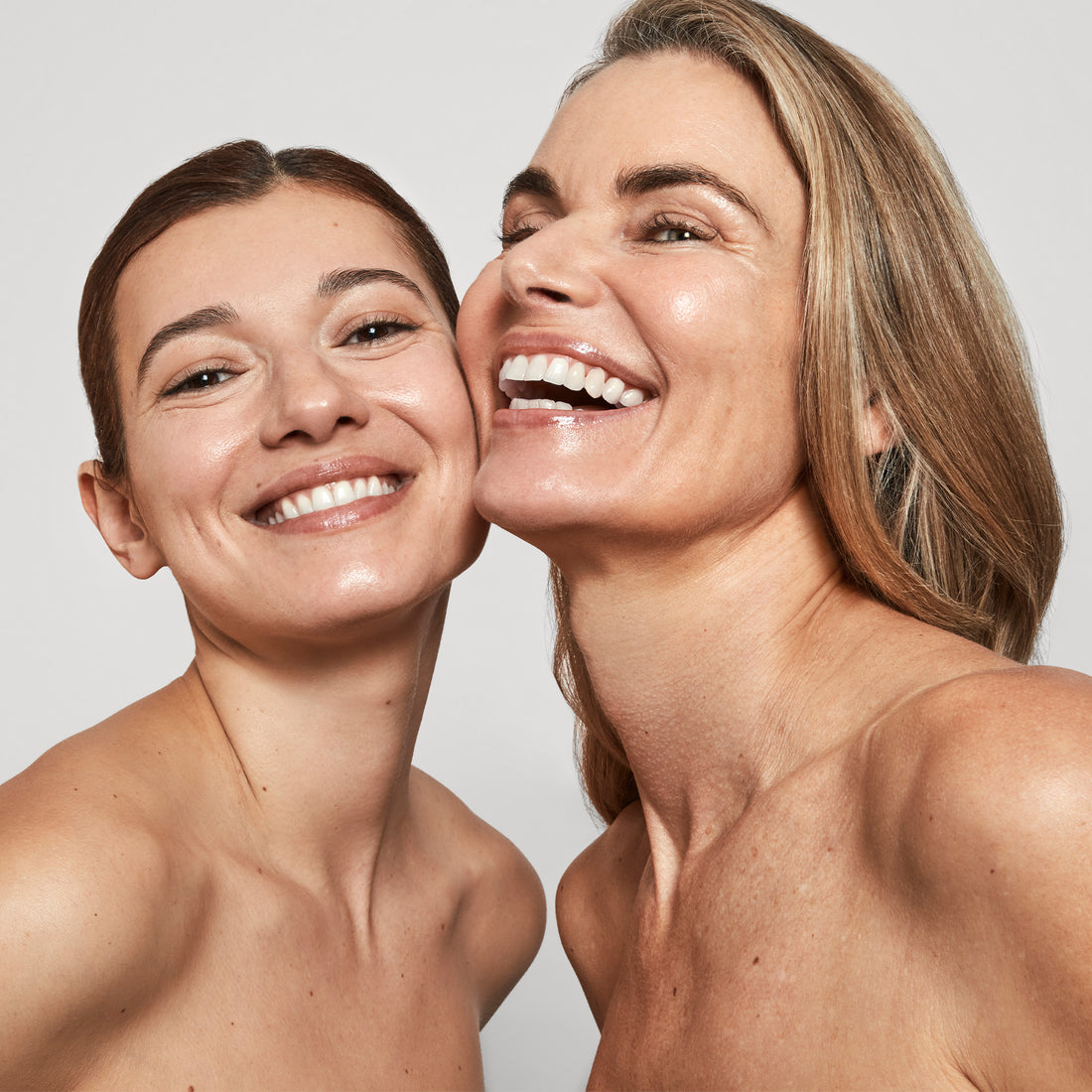
Rethinking tretinoin: comparable results without the side effects
Tretinoin, a powerful form of vitamin A, is often discussed alongside alternatives like bakuchiol, retinyl retinoate, and peptides. While tretinoin promotes skin cell turnover and helps treat issues like acne, fine lines, and hyperpigmentation, it can cause irritation, dryness, and increased sun sensitivity, particularly for sensitive skin. Gentler alternatives provide similar benefits without these harsh side effects and can even be used during the day.
Your choice of ingredient will ultimately impact both the speed and effectiveness of results. While tretinoin may deliver faster initial changes, alternatives like retinol or peptides can provide equally effective results, offering a gentler, more comfortable approach that works well for most skin types.
Tretinoin vs 0.24% retinaldehyde
When comparing OTC tretinoin to 0.24% retinaldehyde, Medik8’s Crystal Retinal 24, which contains 0.24% retinaldehyde, offers a powerful alternative.
While tretinoin is a prescription-only retinoid known for its effectiveness, it often causes irritation, redness, and peeling due to the intensity of the treatment. In contrast, retinaldehyde is a gentler, yet highly potent derivative of vitamin A, delivering comparable anti-ageing benefits with fewer side effects.
Medik8’s Crystal Retinal 24 is the pinnacle of the Crystal Retinal ladder, for expert users looking for the very best in clinically proven, age-defying results.
Clinically proven to visibly smooth stubborn wrinkles, brighten dark spots, decongest and firm your skin - without irritation.[1] This makes it an ideal option for those seeking a more tolerable yet effective alternative.
[1] Proven via independent clinical study on Crystal Retinal 6. Tested on 33 participants over 12 weeks.
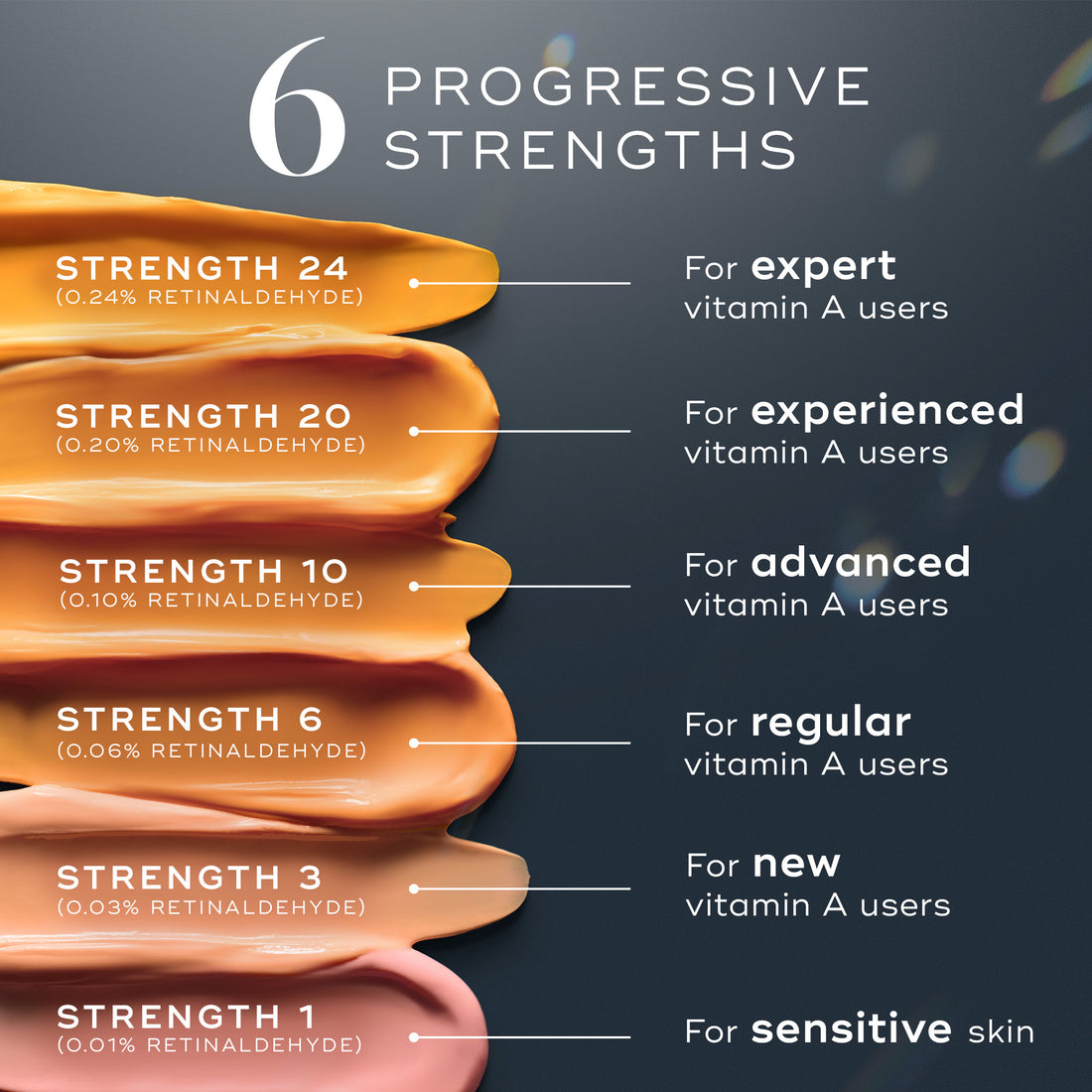
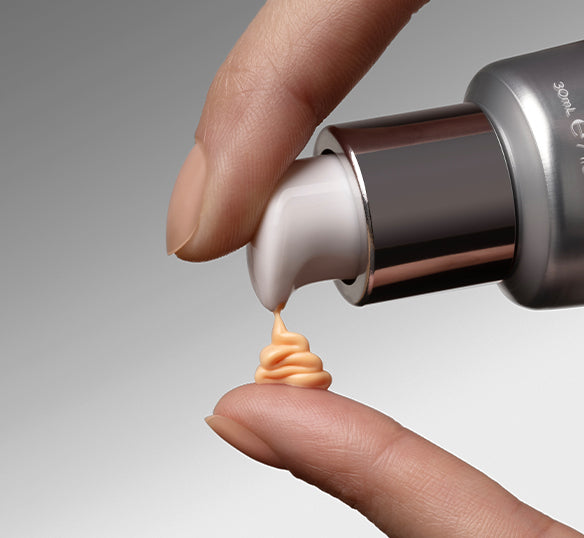
Adapting skincare for strong retinoid use
Stronger retinoids can deliver impressive results, but skin types respond differently. Mature skin often adapts better to high-strength vitamin A derivatives, as it may require stronger formulations to effectively address dryness, thinning, and reduced cell regeneration. In contrast, younger skin typically has faster cell turnover, higher collagen production, and better moisture retention, making it more resilient to gentler retinoid options.
Understanding your skin's tolerance is crucial to achieving results without the side effects.
Tips for Using Retinoids:
✓ Younger Skin: Start with a lower strength
and build up. Monitor for signs of irritation.
✓ Mature Skin: Use lower-strength retinoids and layer with hydrating ingredients like hyaluronic acid, ceramides
and peptides.
✓ Sensitive Skin: Phase application in gradually. Use twice a week for the first 2 weeks, every other night for the next 2 weeks, then every night.
✓ Dry Skin: Choose a hydrating retinoid formula and always follow with a rich moisturiser.
✓ Acne & Blemish-Prone Skin: Retinoids can help with congestion and oil control, but introduce them gradually to avoid flare-ups.
✓ Always Use SPF: Incorporate a broad-spectrum SPF daily when using retinoids to protect your skin from UV damage, as retinoids can increase sun sensitivity.
To takeaway
Choosing the right retinoid is crucial for achieving the best results while maintaining skin health. Tretinoin, a potent form of vitamin A, offers significant age-defying benefits but can be irritating for some skin types. Social media trends and influencer recommendations can be tempting, but they often overlook individual skin needs, sensitivities, and the fact that tretinoin is a prescription-only product. Prioritising scientifically-backed advice and understanding how your skin reacts to different ingredients will lead to more effective and sustainable skincare results. Ultimately, choosing products that are tailored to your unique skin requirements, be it a form of vitamin A or other effective ingredients, ensures optimal results & skin health.
FAQ's
Alternatives to tretinoin that are also much gentler on the skin include retinaldehyde, which offers similar benefits with less irritation, and bakuchiol, a plant-based option suitable for sensitive skin. Peptides and niacinamide are also gentler choices that improve skin texture and elasticity without the side effects associated with stronger retinoids.
Retinaldehyde is considered the closest over-the-counter alternative to tretinoin and is suitable for all skin types. It provides comparable skin renewing benefits while being less irritating, making it a suitable choice for those looking for effective yet gentle retinoid options.
Medik8’s latest and most potent retinaldehyde formula, Crystal Retinal 24 delivers rapid improvements in skin texture, wrinkles, and hyperpigmentation with minimal irritation. As the pinnacle of the retinal range, it’s designed for users seeking the most powerful age-defying results without a prescription.
Retinaldehyde is an effective alternative to tretinoin, offering significant anti-aging benefits with generally less irritation. While tretinoin is a prescription-strength retinoid used for treating various skin conditions, retinaldehyde provides a more accessible over-the-counter option. It promotes skin cell turnover, improves texture, and reduces fine lines and wrinkles, delivering comparable results. The key difference lies in their positions in the retinoid pathway: tretinoin is already a retinoic acid, whereas retinaldehyde is just one step away, allowing it to offer a gentler experience for more skin types, particularly those prone to sensitivity, while still achieving noticeable results over time.

Radhika Sen
Radhika Sen is a skincare enthusiast and beauty writer. She's always on the lookout for a stellar serum and moisturiser combination, topped by a sunscreen that protects and primes. Her idea of self care is to pop on a face mask, light a scented candle and call it an early night.
